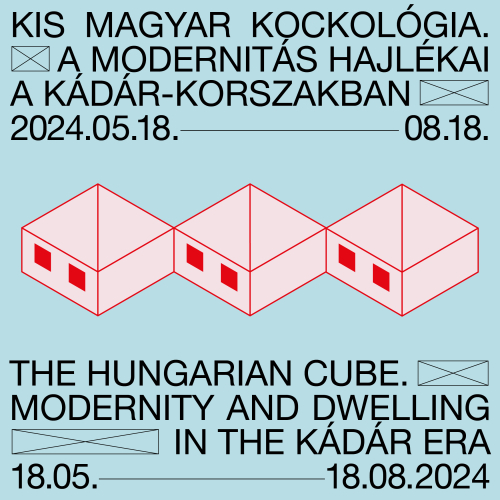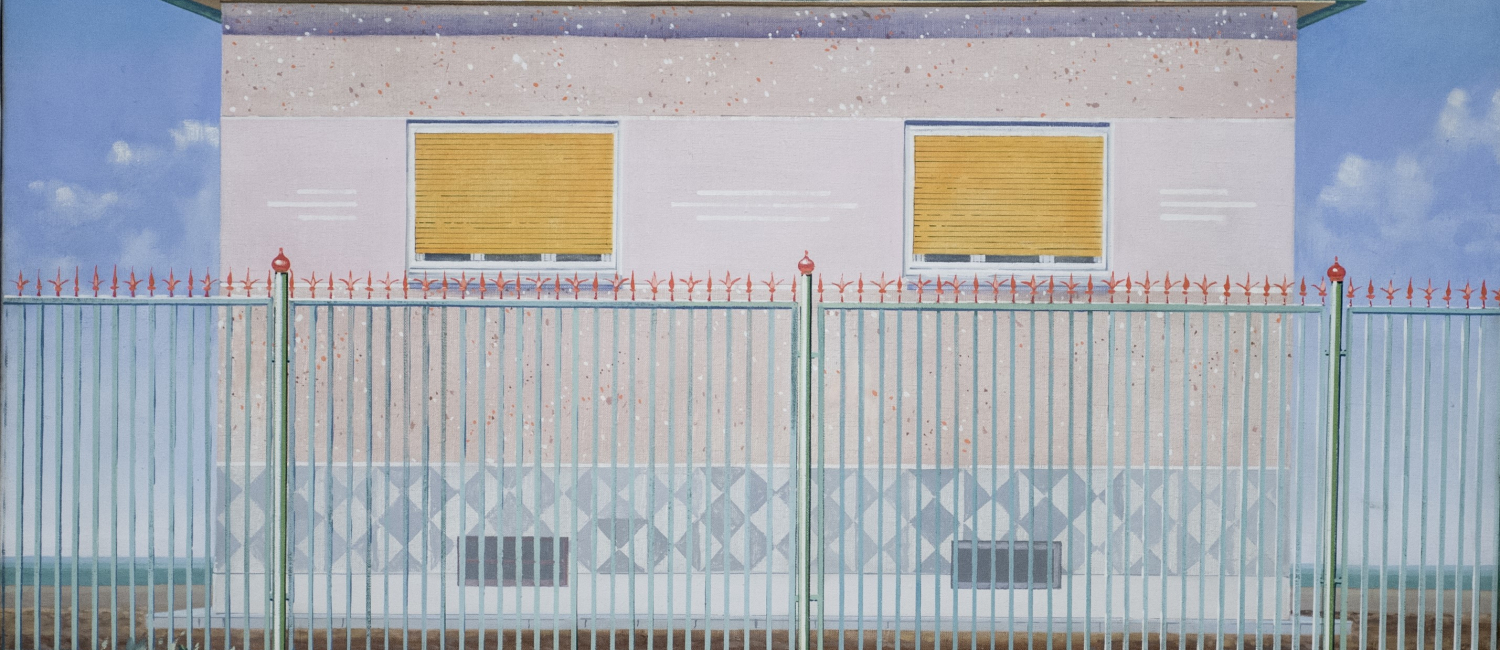The fundamental idea of the exhibition is to explore a familiar, almost everyday architectural phenomenon, the characteristic Hungarian “cube house” (a house with a hip roof, the so-called Kádár cube) as an expression of architectural modernization.
The family house of the 1960s and 70s still defines the appearance of Hungarian rural settlements to this day. This much-maligned stepchild of post-war Hungarian socialist architecture turned out to be one of the most enduring architectural forms of the last century. The cube house is the twin sibling of the prefab panel blocks, and the two distinctive characters in socialist housing construction are inconceivable without each other. Regardless of our relationship with the cube house, it is part of our built cultural heritage.
Guided tour by Kasztovszky Anna
Language: Hungarian
Enter only with program ticket or annual pass.
Please be informed that our events will be recorded by sound and video, from which the Ludwig Museum may use details to promote the museum and its programs and for other promotional purposes. By participating in our events, you agree that you may appear on the recordings, but you may not make any claim against the use of the recording with the Ludwig Museum or third parties authorized by it.
Related content

The Hungarian Cube. Modernity and Dwelling in the Kádár Era 18. May, 2024 – 20. August
The exhibition aims to showcase the cultural context and genealogy of one of the defining architectural forms of 20th-century Hungary. As a medium for private, self-built construction and an architectural manifestation of modernization, the cube house was a spontaneous response of vernacular architecture to the societal demands for housing.
